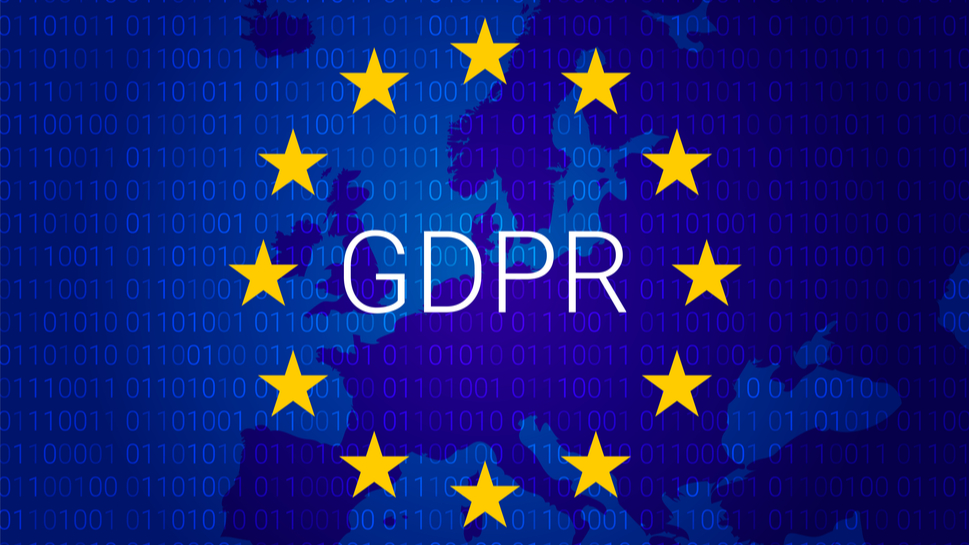More and more people want the internet to forget about them. This sentiment is especially strong in the US where almost half of internet users would like to be removed from the web. However, most of them don’t know how.
This is the main finding unveiled by a joint investigation recently carried out by one of the best VPN providers around, NordVPN, and personal data removal company Incogni. Worse still, the global percentage of people worried about their personal data rose from 30% in 2022 to 35% this year.
“The shift in people’s attitude and their increasing need to delete their presence from the internet highlights a trend: people are no longer passively accepting the idea that their data should live on the internet forever,” said Marijus Briedis, CTO at NordVPN.
152 million Americans want to delete themselves from the web
Under NordVPN and Incogni’s commission, researchers at Cint surveyed a total of 6,800 respondents aged 18 years old and older from the US, UK, Canada, Germany, France, Spain, and Italy. Unsurprisingly, Americans came out as the most worried, with Canadians following suit.
Almost half of the people in the US (48% of respondents) feel used by companies that collect, sell, or use their data to benefit third parties. This is the main reason why Americans want their personal information removed from the internet. At the same time, they are also worried that someone will eventually hack their devices to steal their sensitive data.
Most American respondents (40%) agree that their names shouldn’t be online, either, while 41% expressed a lack of trust in the internet, and one-fifth fear manipulation by third parties.
Did you know?

Since 2018, GDPR has prompted more stringent data protection and privacy rules in the EU and the UK. Among these is the right to be forgotten, allowing citizens to request that companies delete their information.
Financial information tops the list as the data category people in the US are most keen to erase (64%). This is followed by a third of respondents seeking to remove their old dating/social media profiles and others (31%) eager to clean up embarrassing moments uploaded to social media. Medical history (38%) and dating/sex details (31%) also feature as data sets that Americans would prefer to keep offline.
Despite all these concerns, though, almost half of Americans (44%) said they don’t know how to delete their sensitive information from the web. A third of respondents would be willing to spend up to $100 to browse anonymously at all times – and 5% claimed that they’d pay up to $1000.
While a few states including California, Colorado, and Connecticut passed their own privacy laws, the US still lacks comprehensive data protection legislation on a federal level. This research is a stark reminder that citizens, however, have different needs.
“There is a growing demand for control, empowerment, and the right to be forgotten,” said Briedis.
How to protect your privacy on the internet
A federal privacy law might not be here yet, but there are still some steps you can take to protect your data every time you browse the web.
As a rule of thumb, Briedis suggests limiting what you share online as much as possible. You should be mindful of the posts you share on social media, for example, and ensure that you’re not giving away sensitive details by mistake. You should also consider adjusting your social media settings to make your account private.
Using a VPN is also an important step to reclaiming control over your data. A VPN, short for virtual private network, is security software that encrypts your internet connection to prevent third parties from tracking your online activities. It also spoofs your real IP address location for better security. NordVPN is our top pick at the time of writing, followed by Surfshark and ExpressVPN.
Anonymity is no longer a luxury but a necessity
Marijus Briedis, CTO at NordVPN
You should also protect your account security at all times. Briedis recommends using strong passwords and enabling multi-factor authentication to add an extra layer of security to your accounts. I also suggest checking out handy password manager solutions to help keep track of all your login details.
Lastly, delete your info from data broker databases. These companies collect your data, use it to build personalized profiles, and inundate you with targeted ads – then, they’ll sell it all to anyone willing to pay. While you could remove your data yourself, I recommend subscribing to a data removal service like Incogni, where the team will handle all the required processes for you.
All in all, as Briedis pointed out, anonymity is quickly becoming a necessity – not a luxury. He said: “People want to browse the internet without leaving traces, free from tracking and profiling. Looking ahead, the internet will evolve to resolve these privacy concerns. The next generation of users will push both technology providers and policymakers to rethink how personal data is handled online.”




















+ There are no comments
Add yours